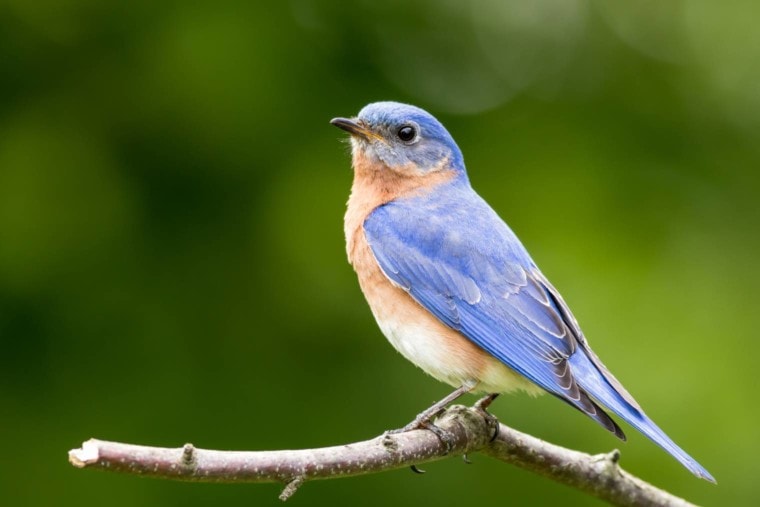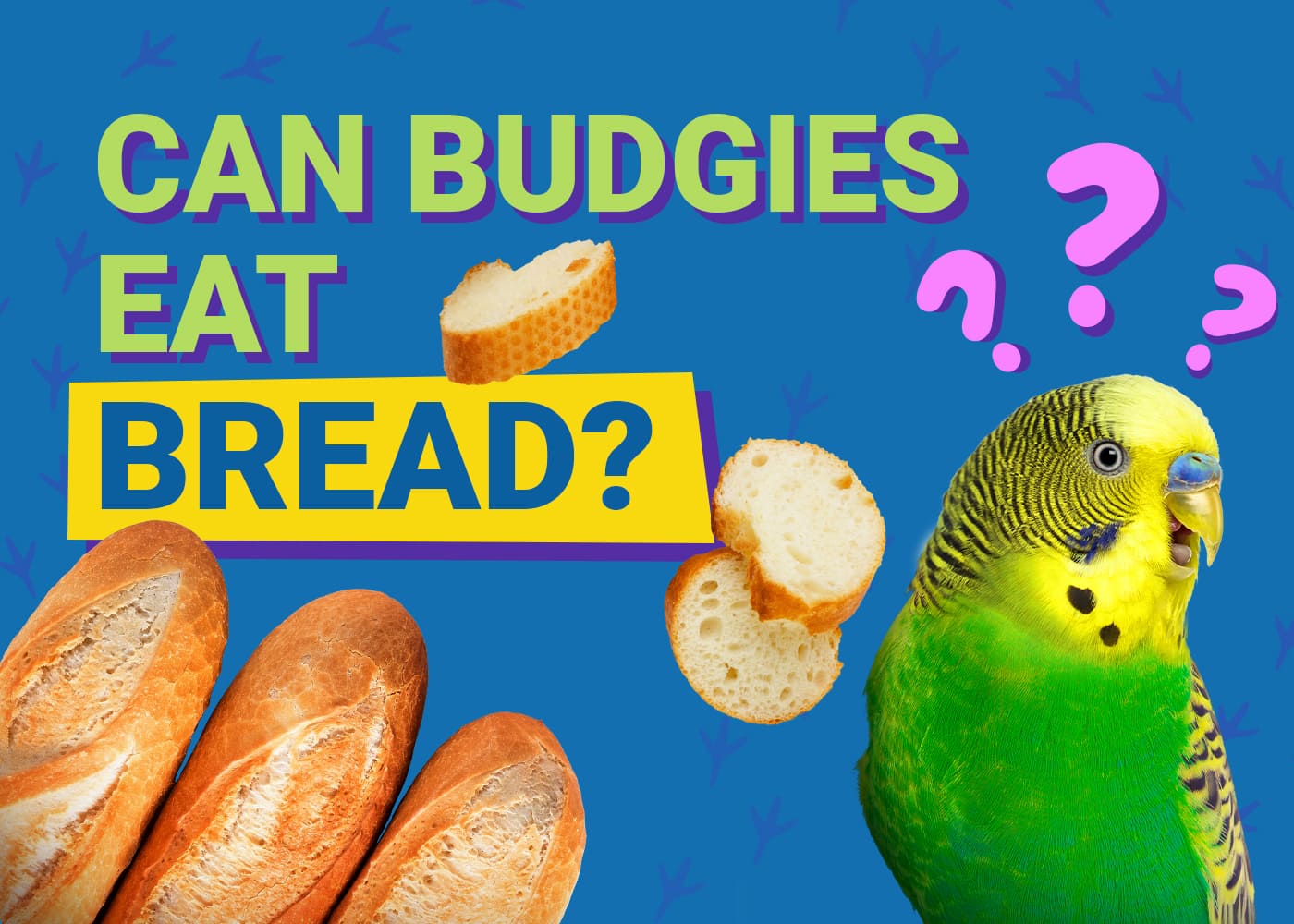
Considering a bluebird’s small size and bright colors, you might be wondering if you can adopt one of these cute creatures. Maybe you can even have them perch on your shoulder every once in a while!
But how feasible is this? Is it possible to make a bluebird your pet? In reality, no they don’t make good pets. We break down everything that you need to know here. This way, you won’t get yourself into something that you can’t handle.
 Does the Bluebird Make a Good Pet?
Does the Bluebird Make a Good Pet?
In short, bluebirds do not make good pets. Not only do they not offer any of the perks of a traditional pet, but they’re also incredibly challenging to care for, and they’ll never be more than a wild bluebird in captivity. Below are the top five reasons that bluebirds make terrible pets.

Top 5 Reasons Bluebirds Don’t Make Good Pets
1. Bluebirds Are Not Domesticated
No one has ever fully domesticated a bluebird. They might come to your feeder religiously and use your birdhouse as a home, but that doesn’t make them domesticated. They’re still completely wild, which leads to many problems when trying to own one as a pet.
First, they’re not going to come when called or let you handle them. In fact, trying to hold them might lead to a few pecks, and that’s if you’re lucky enough to catch them. As soon as they’re out of their smaller enclosure, they’re not going to want to come back.
2. Bluebirds Are Small
Their small size is what makes bluebirds so adorable, and this probably plays a large part in why people want to own one as a pet. But their incredibly small size is actually a huge hindrance.
On average, a bluebird only weighs about an ounce, or about the weight of five quarters. All it takes is a momentary squeeze or reaction to a peck to injure or even kill them. This makes catching them difficult and compounds the issues of handling them.

3. You Don’t Have a Large Enough Enclosure
To properly care for a bluebird, you need an extremely large enclosure or aviary. A proper aviary is often the size of a two- or three-story home or larger, so the chances of you having one large enough is extremely slim.
Considering that each bluebird usually roams an area of 2.5 acres, that’s one heck of an enclosure that you would need to build. Even then, it’s not large enough to truly give these birds what they need to survive in the wild once you factor in their migratory behavior.
Aviaries at zoos typically only take injured birds and those born in captivity. Both have a low chance of survival once introduced to the wild. This is not the same as capturing a wild bluebird and trying to domesticate it.
- Related Read: Do Orioles Make Great Pets?
4. Bluebirds Are a Social Species
Bluebirds love their families and their flocks. If you were taken from your family and kept in a cage, you would be miserable too. A bluebird wants to stay with their flock, which means you’d need to adopt more than one.
Of course, you would need even more space, need to try to domesticate them even more, and need to handle more of them. None of this is easy, especially when you consider that the birds are going to mate, and you’d need to increase the size of your enclosure.
5. Bluebirds Are Territorial
Once you collect your flock of bluebirds, you might run into a whole new problem: they’re extremely territorial. They establish ranges of 2.5 acres, and they’ll protect that area fiercely.
While they won’t bother you if you’re simply exploring the great outdoors, you might run into problems if you’re trying to clean up their nest or other aspects of their enclosure.
 Final Thoughts
Final Thoughts
While these small birds are cute and adorable, that doesn’t mean you should try to capture one to raise in captivity. You won’t get the lovable relationship that other pets offer, they’ll never view you as a provider, and you’ll only make them miserable.
In short, leave the adorable bluebirds in the wild, put up a few feeders and birdhouses, and enjoy these marvelous birds from the window, not a cage.
Featured Image Credit by Rabbitti, Shutterstock

 Does the Bluebird Make a Good Pet?
Does the Bluebird Make a Good Pet?





